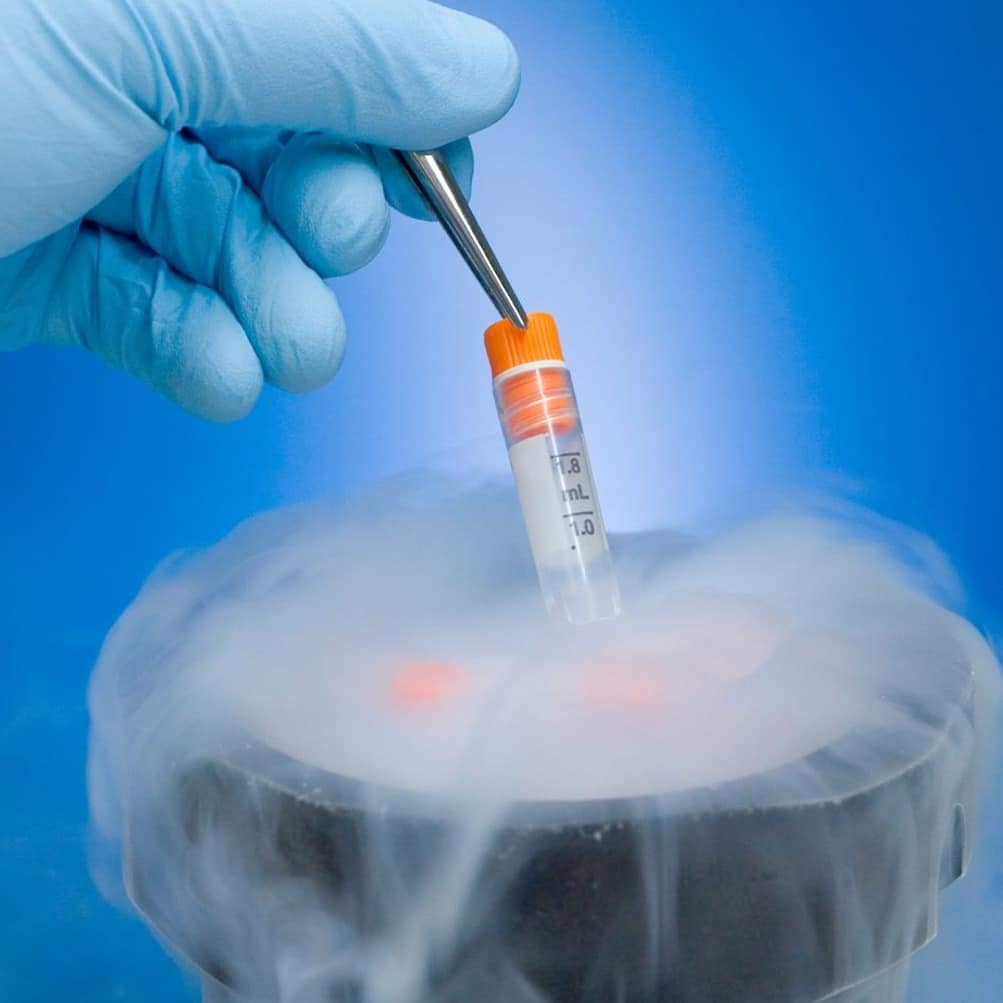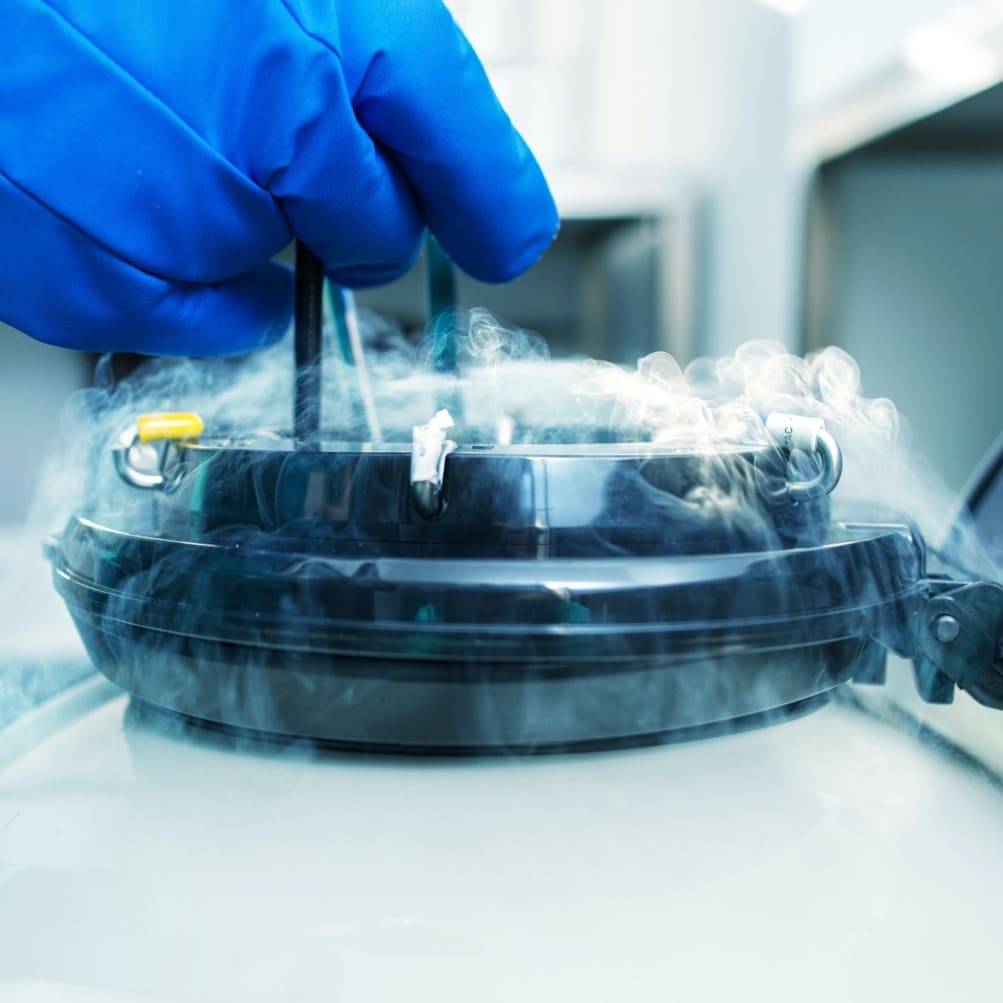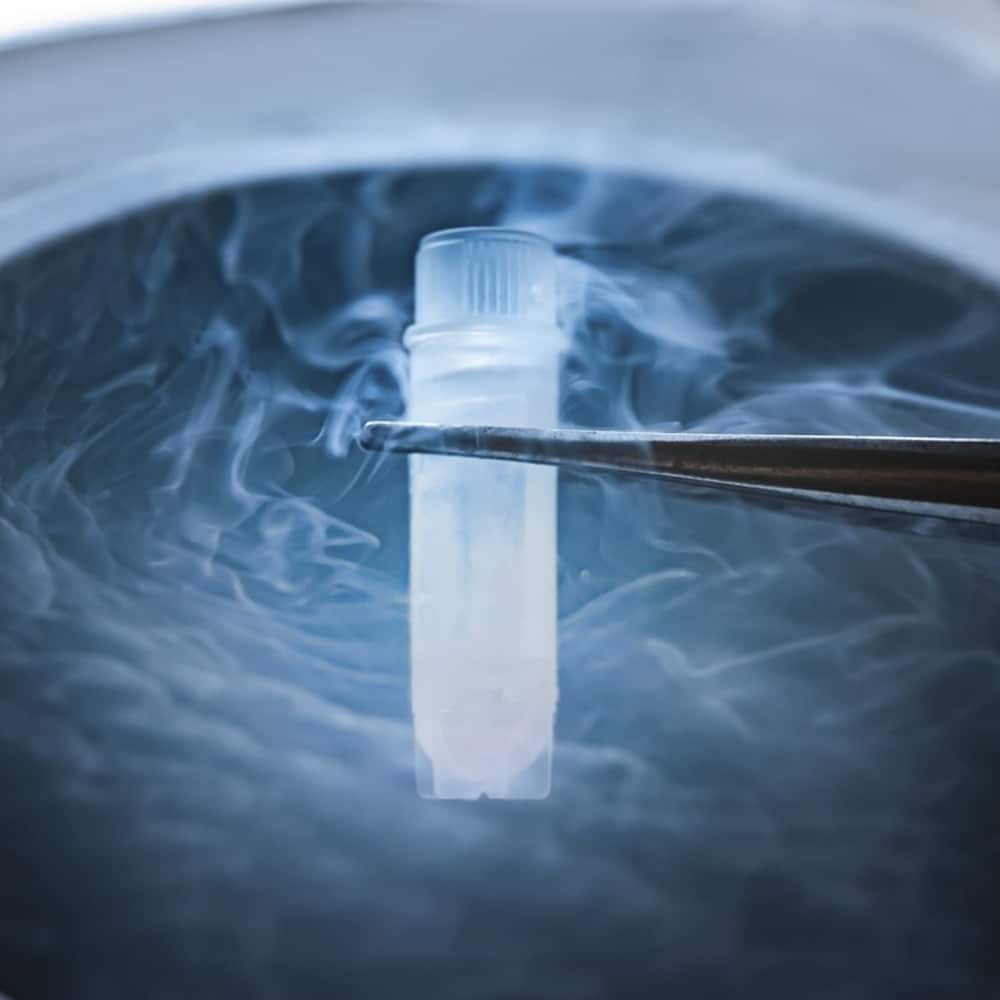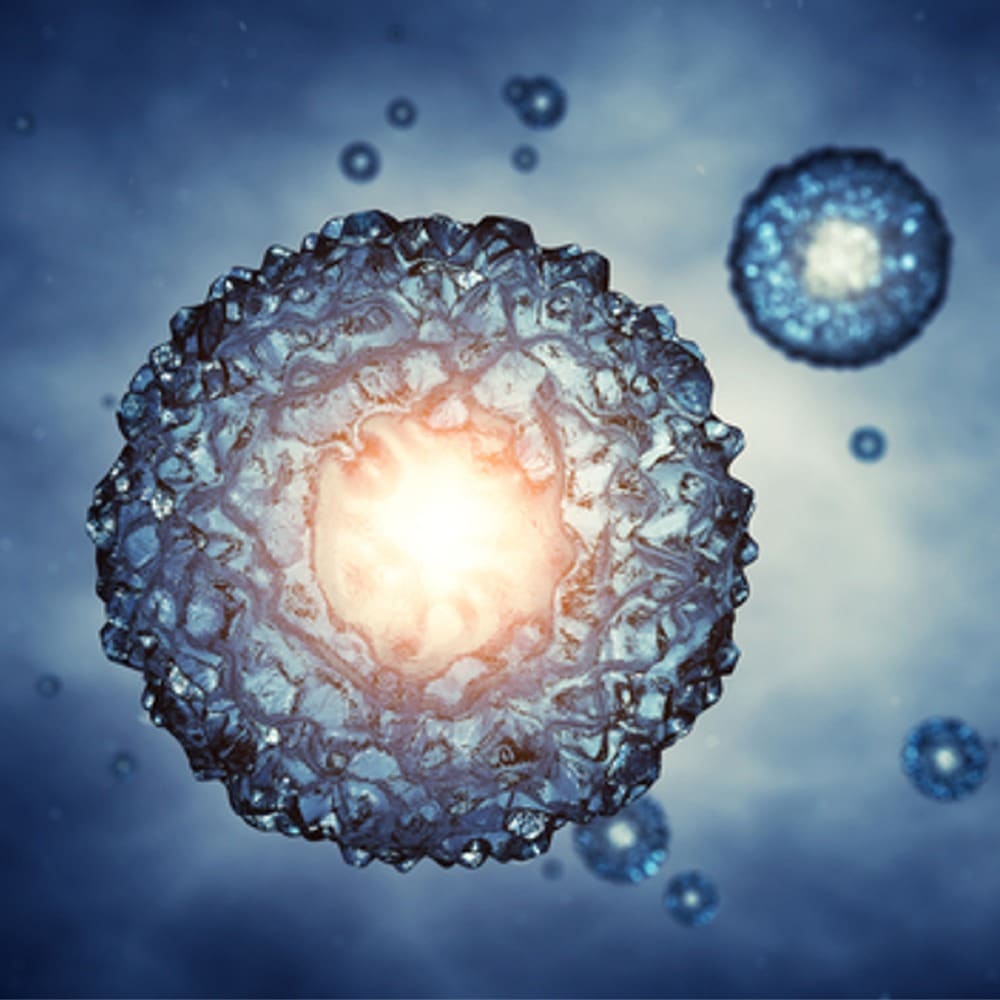The need to extend male fertility due to postponing having children (financial or social reasons) or due to medical reasons (e.g. malignancy, varicocele, endocrinology disorders) renders sperm cryopreservation necessary. This procedure involves storing sperm in special liquid nitrogen cryopreservation tanks, which ensures it can later be used for successful fertilization.
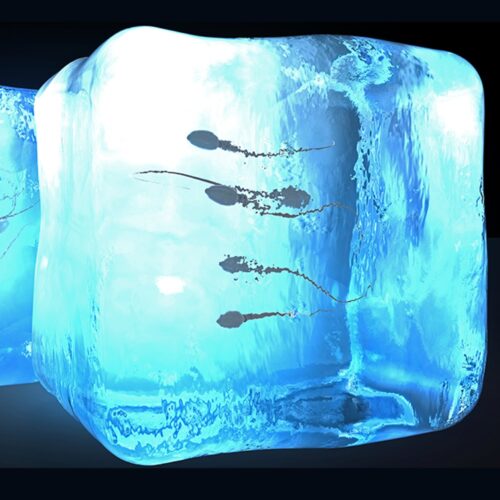
Sperm Cryopreservation
Sperm freezing or cryopreservation is a process whereby the sperm cells are preserved for future use.
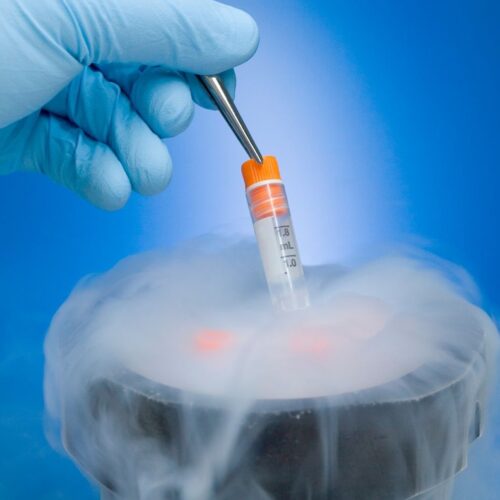
Testicular Tissue Cryopreservation
The testicular tissue is treated in an andrology lab, so that sperm suitable for fertilization or future storage is isolated and placed in liquid nitrogen at -196°C, where it will remain until used for micro-insemination (ICSI).
Relevant topics
-
Information form for the use of the CHLOE OQ assessment tool
Information form for the use of the CHLOE OQ artificial intelligence-based oocyte assessment tool Institute of Life-IASO and CHLOE...
-
Testicular Tissue Cryopreservation
Testicular Tissue Cryopreservation The testicular tissue is treated in an andrology lab, so that sperm suitable for fertilization or...
-
Embryo Cryopreservation
Embryo Cryopreservation Surplus embryos that were not used in an embryo transfer are preserved using the cryopreservation method. The...
-
Ovarian Tissue Cryopreservation
Ovarian Tissue Cryopreservation Ovarian tissue cryopreservation is a method used to preserve fertility, whereby the outer layer of the...
-
Sperm Cryopreservation
Sperm Cryopreservation Sperm freezing or cryopreservation is a process whereby the sperm cells are preserved for future use. Sperm...
-
Egg freezing
Egg freezing Egg freezing, or human oocyte cryopreservation, is not a need but a choice. Motherhood is a conscious...



